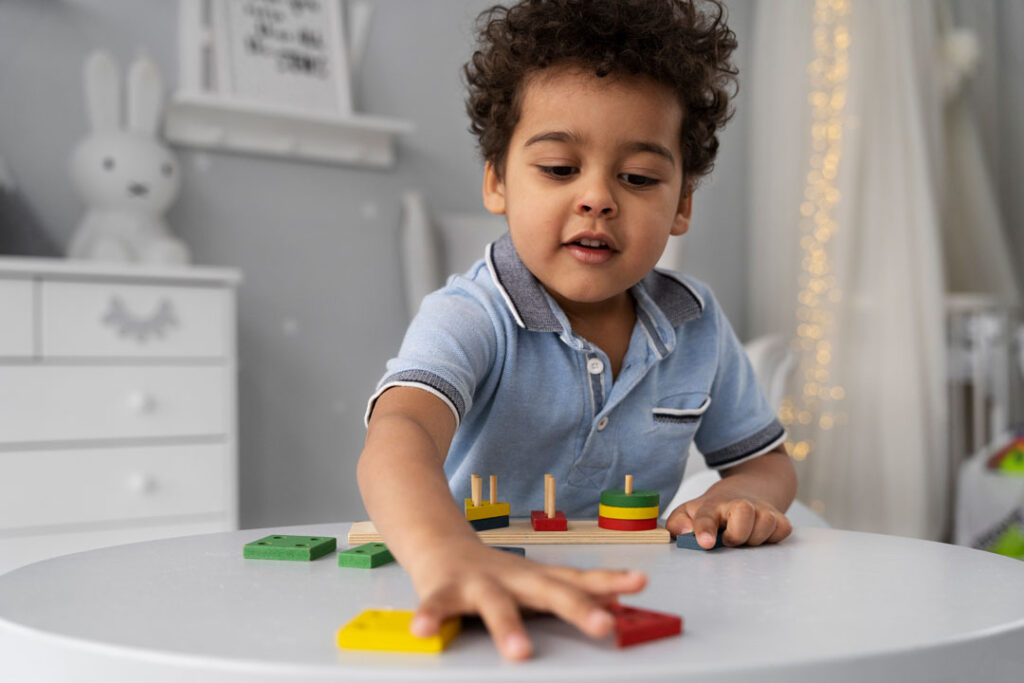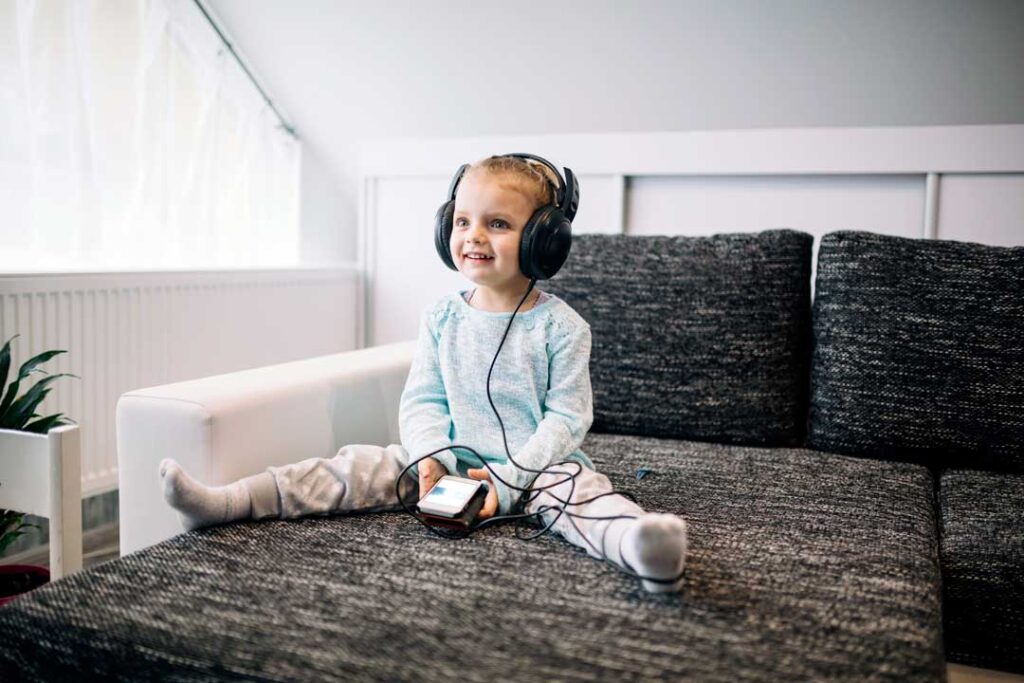As a seasoned professional with years of experience supporting individuals on the Autism spectrum, I understand that laughter is often a natural and spontaneous reaction to something unexpected or unusual. However, when it comes to children with Autism, their unique behaviors and expressions can sometimes prompt laughter from those around them. While this response may seem harmless or even endearing, it’s essential to recognize the potential impact these reactions can have on your child’s emotional well-being and development. Respecting and understanding their behaviors helps create a supportive environment that fosters growth and confidence.
Understanding Autism and Unique Behaviors
Autism Spectrum Disorder (ASD) encompasses a wide range of behaviors, communication styles, and sensory experiences. Children with autism may exhibit repetitive behaviors, unusual responses to sensory stimuli, or distinctive ways of interacting with their environment. These behaviors are not merely quirks but are deeply rooted in their neurological makeup and sensory processing differences.
The Impact of Laughter
Laughing at a child’s autism-related behaviors might seem like a benign or even positive response, especially if the antics appear humorous. However, it’s important to consider the following implications:
- Emotional Impact: Children with autism are highly sensitive to social feedback. When they sense that their behavior is a source of amusement, they may feel embarrassed, confused, or hurt. This can undermine their self-esteem and emotional security, which are vital for their overall development.
- Social Understanding: For many children with autism, understanding social cues and norms can be challenging. When they see others laughing at their actions, they might struggle to interpret this response correctly. This misunderstanding can lead to increased anxiety and stress, affecting their willingness to engage socially.
- Reinforcement of Behavior: Laughter can sometimes inadvertently reinforce behaviors that are already a coping mechanism for sensory overload or stress. If a child realizes that their behavior garners attention, even if it’s laughter, they might continue or escalate the behavior as a way to seek social interaction or relief.
How to Respond Positively
Instead of laughing, consider these supportive alternatives:
- Empathy and Understanding: Approach your child’s behaviors with empathy. Try to understand what might be motivating their actions and how they experience their environment. This perspective will help you respond in a way that respects their individuality.
- Encouraging Positive Interaction: Foster an environment where your child feels valued and understood. Engage with their interests and provide positive reinforcement for their efforts to communicate and interact.
- Educational Opportunities: Use the opportunity to educate others about autism and the importance of supportive behavior. By promoting awareness, you can create a more inclusive and understanding environment for your child.
- Model Respectful Behavior: As a parent or caregiver, your reactions set a tone for others. Demonstrating respect and sensitivity towards your child’s unique behaviors encourages others to do the same.
Conclusion
Laughter is a natural part of life, but when it comes to children with autism, it’s essential to be mindful of how our reactions can affect them. By fostering a supportive and understanding environment, we help our children navigate their world with confidence and dignity. Instead of laughing at their antics, let’s choose to engage with compassion and respect, ensuring that our children feel valued and understood.
Through empathy and positive reinforcement, we can support our children in embracing their unique traits and developing meaningful connections with others.




